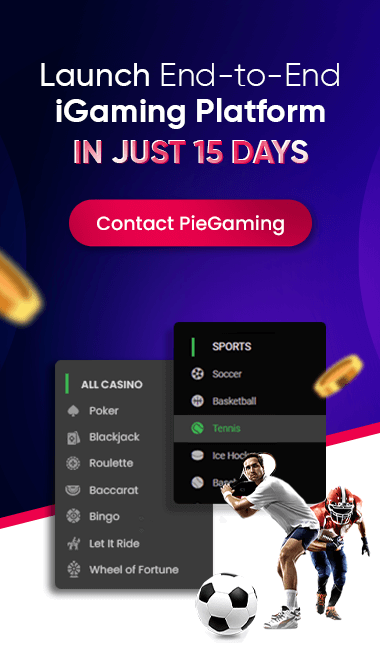How Self-Exclusion Tools Affect iGaming Platforms?
- Author:Palak Madan
- Read Time:8 min
- Published:
- Last Update:February 19th, 2026
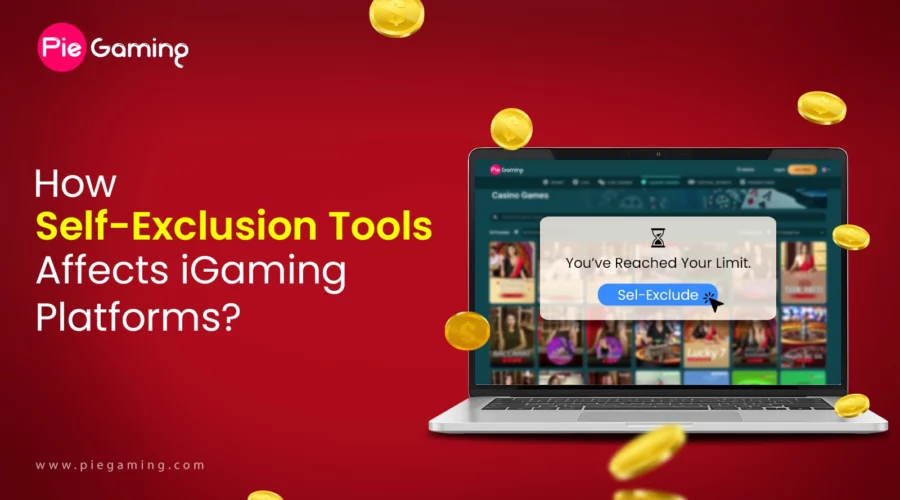
Self-exclusion tools are changing how online casinos work. They help players control their gambling while protecting casino operators from legal problems, bad publicity, and losing money in the long run.
What happens when a player clicks “self-exclude”?
When a player hits that self-exclusion button, you’re not just losing one session—you could be looking at months of revenue impact per exclusion.
With regulators cracking down on self-exclusion tools everywhere, the iGaming market for casino operators has become complex.
They are stuck trying to balance doing right by players while keeping their business afloat.
Here’s the reality: you need to understand how self-exclusion from gambling impacts your numbers. It’s not optional anymore—it’s essential.
So, let’s talk about it.
What is Self-Exclusion in iGaming and Why Does it Matters to Operators?
Self-exclusion is a safety feature that lets players voluntarily block themselves from your platform for a set period. Players can choose anywhere from 24 hours to permanently ban themselves from betting activities.
As an operator, you are required to offer this casino self-exclusion feature in most regulated markets. Once activated, players can’t access their accounts, deposit funds, or participate in any gaming activities during the exclusion period.
What many operators miss is that online gambling self-exclusion isn’t just about compliance. It’s a window into player behavior and risk patterns.
When someone excludes themself, they are essentially telling you they’ve hit their limit.
Understanding these patterns helps you create better responsible gaming programs and create a more sustainable business model.
How Self-Exclusion Systems Work Technically in iGaming
Self-exclusion systems in iGaming use smart technology to protect players across all gambling platforms. Here’s how the technical architecture works behind-the-scenes.
1. Integration with Player Account Management Systems (PAM)
When a player chooses to exclude themselves, the (PAM) player account management software immediately shuts down everything connected to their account. Games stop working, payments get blocked, bonuses disappear, and marketing emails stop. It’s a complete lockdown that happens instantly across the entire platform.
2. Third-Party APIs and Centralized Databases
Think of services like GAMSTOP as a central phonebook that all gambling operators check before letting someone play. When a player excludes themselves from one site, that information gets sent to this central database through automated connections called APIs.
Other gambling platforms then check this database in real-time, so they know instantly if someone trying to sign up is already excluded elsewhere. This creates a network where exclusions follow players wherever they go.
3. Duration Settings and Reactivation Protocols
Players pick how long they want to be excluded—from one day to forever. But getting back to it isn’t easy. The system makes players wait through a cooling off period and proves their identity again. This stops people from making quick decisions they might regret when they are upset or stressed.
4. Player Verification and Data Syncing
The system remembers everything about players—their details, devices, and gaming habits. Even if someone tries to create a new account with different information, the technology spots similarities and blocks them. All this information is updated instantly across every gambling platform.
This layered approach creates strong player protection while keeping things running smoothly for players.
Countries with Active Self-Exclusion Tools in iGaming
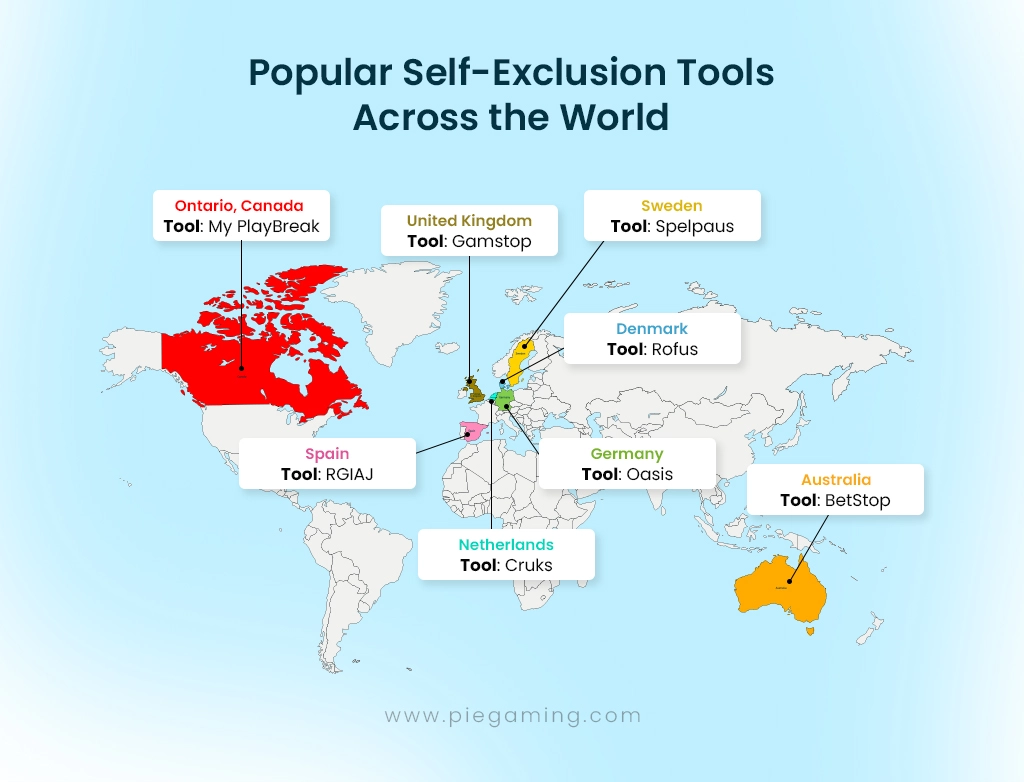
Region-specific self-exclusion tools
In this section, you’ll discover which countries have implemented self-exclusion tools, how they work, and what it means for operators targeting those markets.
1. United Kingdom
Tool: GAMSTOP
GAMSTOP blocks players from all UK-licensed betting sites and apps for six months, one year, or five years. It’s free, quick to register, and covers everything from popular casino games to sports betting.
For operators, GAMSTOP integration isn’t optional—it’s the law. You must check every player against the database and block anyone who’s registered. The system works automatically, so there’s no manual checking needed once you are connected.
2. Sweden
Tool: Spelpaus
Spelpaus covers both online and offline gambling across Sweden. Players use their bankID to exclude themselves for periods from one month to forever, making it super secure and instant.
Swedish operators must check every single player against Spelpaus before they can play. The system updates in real-time, so exclusions happen immediately across all platforms.
3. Germany
Tool: OASIS
OASIS is Germany’s complete gambling exclusion system covering online casinos, sports betting, and land-based venues. Players add themselves to stop all gambling activities with licensed operators.
German operators must verify every new and existing customer against OASIS and immediately block access for anyone listed. It’s a blanket ban that covers everything gambling-related.
4. Netherlands
Tool: Cruks (Central Register for Exclusion of Games of Chance)
Cruks uses DigiD for secure, instant exclusions across all Dutch gambling. Players can block themselves from everything – online casinos, sports betting, and physical locations.
Operators must check every player against Cruks before allowing access. The system is part of the licensing requirements, so compliance is essential for staying legal.
5. Denmark
Tool: ROFUS
ROFUS covers all Danish gambling using national ID verification. Players choose temporary or permanent exclusions that work immediately across all regulated operators. Danish operators must check ROFUS before any player can register or log in.
6. Australia
Tool: BetStop (National Self-Exclusion Register)
BetStop is Australia’s new national system covering all licensed online gambling. Players can exclude themselves for three months to a lifetime, and the process is confidential and user-friendly.
Operators must participate by law and enforce all exclusions quickly to keep their licenses. It’s a unified approach that works across all states and territories.
7. Ontario, Canada
Tool: My PlayBreak (formerly Self-Exclusion Program)
My PlayBreak covers all regulated online gambling in Ontario. Players pick exclusion periods that work for them, and once registered, they’re blocked from all provincial gambling sites.
Ontario operators must integrate with the system and ensure excluded players can’t access their platforms.
8. Spain
Tool: RGIAJ (General Registry of Gambling Access Bans)
RGIAJ is Spain’s single exclusion point for all licensed gambling, online and offline. Players register once and get blocked everywhere.
Spanish operators must check RGIAJ before allowing any player access. It’s a key part of Spain’s responsible gambling laws and covers the entire regulated market.
What does this mean for operators?
Getting these tools on your platform is simple. Most back-office system providers give you easy-to-use connections that plug straight into your site. Your tech team sets up the connection once, and it automatically checks players against exclusion lists.
Many software companies also sell ready-made packages that handle multiple countries at the same time.
Best Practices for Implementing Self-Exclusion Tools
Getting self-exclusion right isn’t just about compliance – it’s about building trust with players and protecting your business. Here’s how to do it properly:
1. Partner with Trusted Providers
Work with established self-exclusion service providers who have proven track records. These companies handle the technical heavy lifting and ensure your integrations stay up to date with changing regulations. They also provide ongoing support when issues arise.
2. Connect to all Relevant Registers
Don’t just integrate with one system. Connect to national registers like GAMSTOP, Spelpaus, and local databases where you operate. This creates comprehensive coverage and shows regulators that you’re serious about player protection.
3. Make Processes Crystal Clear
Your opt-in and opt-out processes should be straightforward. Players need to understand exactly what they’re signing up for and how their data gets used. Keep everything GDPR compliant and transparent – no hidden terms or confusing language.
4. Train Your Team
Staff need to know how self-exclusion works and what to do when alerts pop up. Set up backend systems that flag excluded players immediately. Train your customer service teams to handle these situations properly.
5. Be Transparent Everywhere
Make self-exclusion options easy to find in player dashboards and clearly explain everything in your terms and conditions. Players should never have to hunt for these tools.
Does Self-Exclusion Affect Operator Revenue?
Yes, self-exclusion can hit your revenue in the short-term, especially when your biggest players decide to take a break. This is most noticeable in regulated markets where systems like GAMSTOP make exclusions unavoidable across all operators.
When high-spending players self-exclude, you’ll feel it immediately. These are often the players who bring in serious money, so when they are gone, your numbers drop. In markets with strong exclusion systems, this impact can be significant.
Regulators are cracking down hard on responsible gambling. If you get caught ignoring exclusions and you are looking at massive fines, suspended licenses, or complete shutdowns.
These penalties cost way more than any revenue you’d lose from excluded players.
Supporting self-exclusion builds something more valuable than quick cash trust. Players want to know that you care about their safety, not just their spending. This reputation attracts better players who gamble responsibly and stay loyal longer.
Letting problem gamblers keep playing creates huge risks. Legal fights, bad publicity, and costly refunds can destroy your business. One major problem is that the gambling scandal can cost more than years of lost revenue from excluded players
Smart operators see self-exclusion as protection, not punishment. Short-term losses prevent long-term disasters while building a business that lasts.
Wrapping Up…
Self-exclusion might look like just another feature, but it’s actually huge for your business. It keeps you legally compliant, protects players, and shows you’re responsible.
For any gambling operator, offering self-exclusion isn’t just about ticking boxes – it’s about creating trust and building a platform that players want to use long-term. 
FAQs
-
How long does self-exclusion last?
Self-exclusion periods vary by location and personal choice, ranging from several months to permanent lifetime bans.
-
Is self-exclusion available for sports betting too?
Yes, self-exclusion covers all gambling activities, including sports betting, casino games, and poker on regulated platforms.
-
What is the difference between temporary and permanent self-exclusion?
Temporary exclusion has set end dates; permanent exclusion blocks access forever, though removal of requests may be possible.
-
Do all online betting sites offer self-exclusion options?
Licensed sites must offer self-exclusion by law. Unlicensed or offshore sites may not provide these protections.

Palak Madan is a enthusiastic writer at PieGaming. With over 2+years of experience crafting engaging content and a strong literature background, Palak brings a unique perspective to the world of words. Her ability to blend creativity with strategic thinking has made her a sought-after content creator. She's eager to dive deep into the intricacies of iGaming software, uncovering the stories behind the technology and translating complex features into compelling narratives.
-
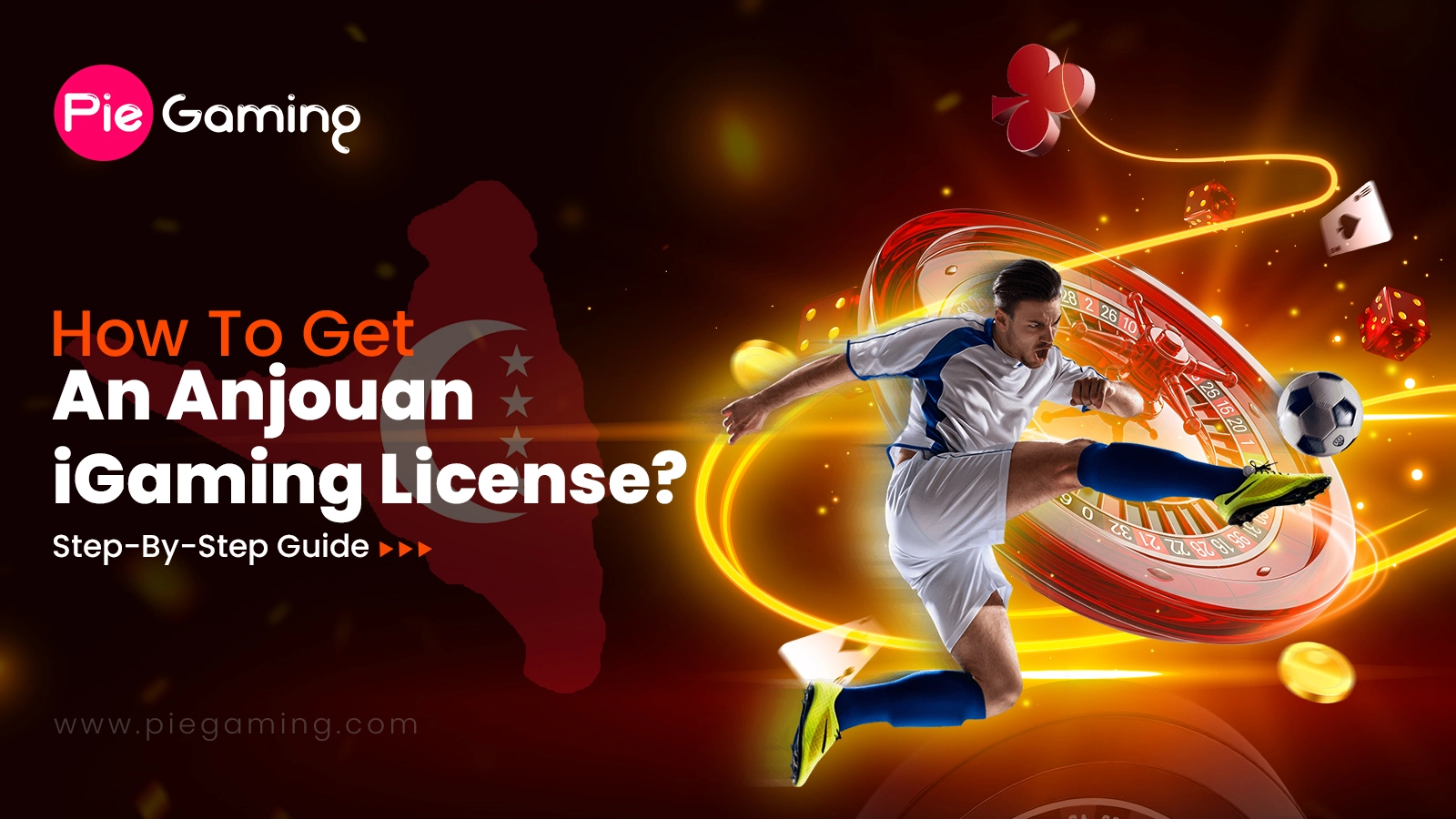 Monika Gola November 17, 2025
Monika Gola November 17, 2025To obtain the Anjouan Gaming License, applicants must collect and submit all the important documents. Learn the process of obtaining Anjouan iGaming license.
-
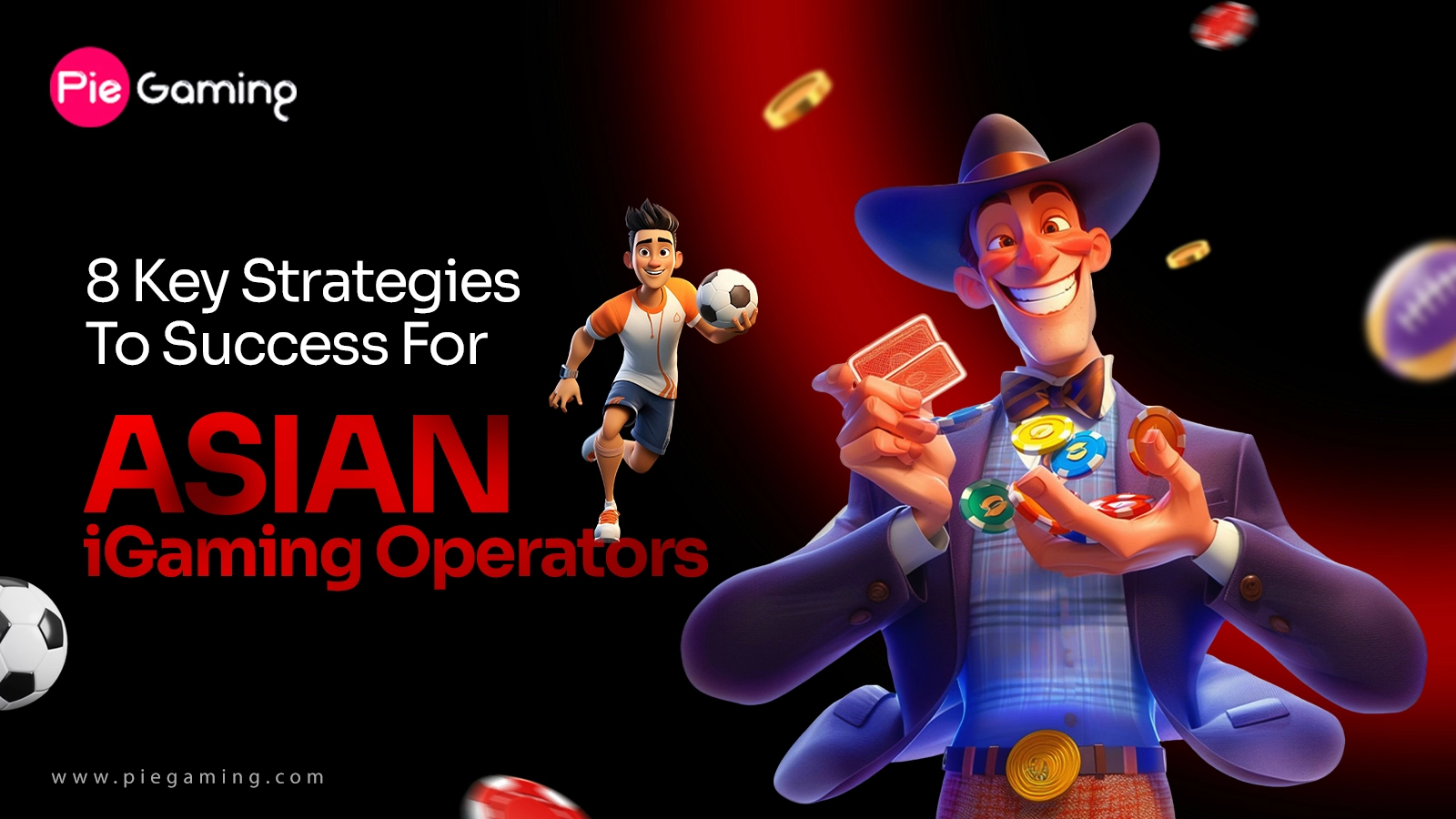 Monika Gola September 23, 2025
Monika Gola September 23, 2025This blog covers everything from success keys to case studies of successful Asian iGaming operators to help start your dream business. Whether…
-
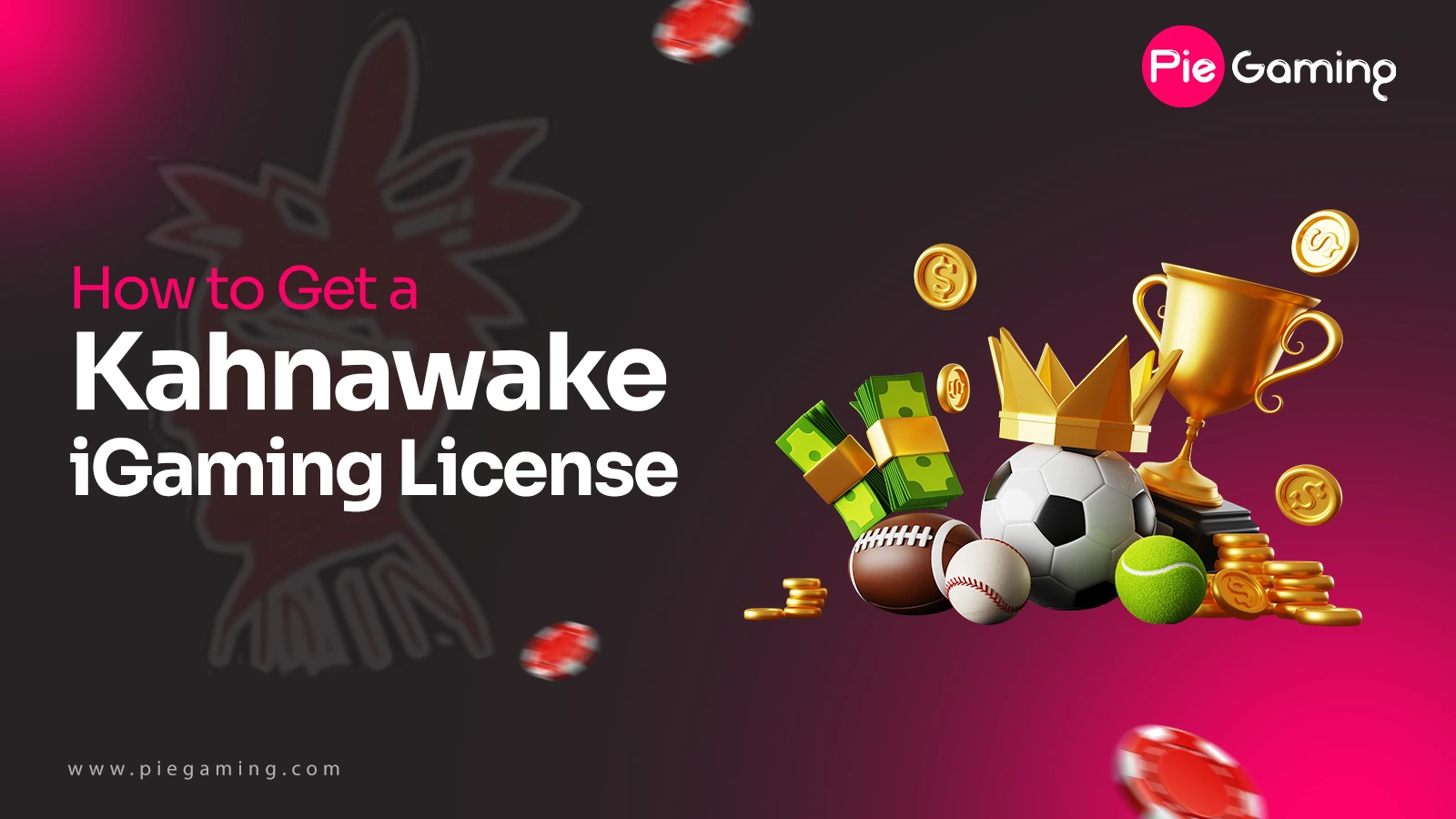 Palak Madan August 28, 2025
Palak Madan August 28, 2025Learn how to get a Kahnawake iGaming license in 2026 with this step-by-step guide covering eligibility, application requirements, costs, and compliance for online…
-
 Monika Gola August 28, 2025
Monika Gola August 28, 2025Compare Malta vs Curacao iGaming license. Explore cost, application process, taxation, compliance to choose the right license for your business.
-
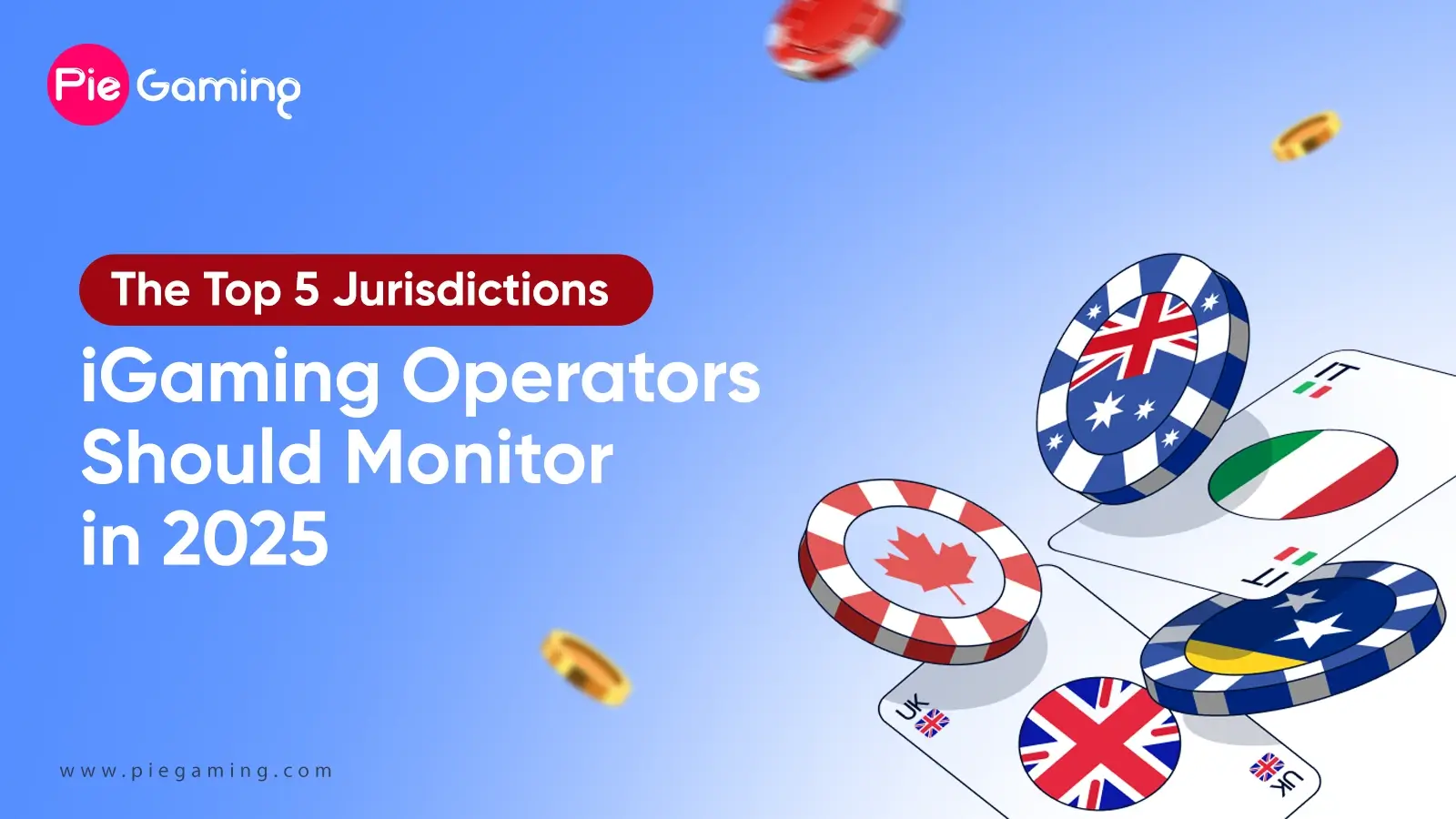 Palak Madan August 21, 2025
Palak Madan August 21, 2025Discover the top 5 iGaming markets to watch in 2026. Learn about their rules, growth potential, and why they matter for operators planning…
-
 Monika Gola August 20, 2025
Monika Gola August 20, 2025This blog explores ways and platforms to find and partner with top sports betting affiliates to grow the iGaming business. When Nicole launched…
-
 Palak Madan August 13, 2025
Palak Madan August 13, 2025Learn how iGaming affiliate marketing software helps operators boost revenue with real-time data, automation, fraud control, and flexible payouts.
-
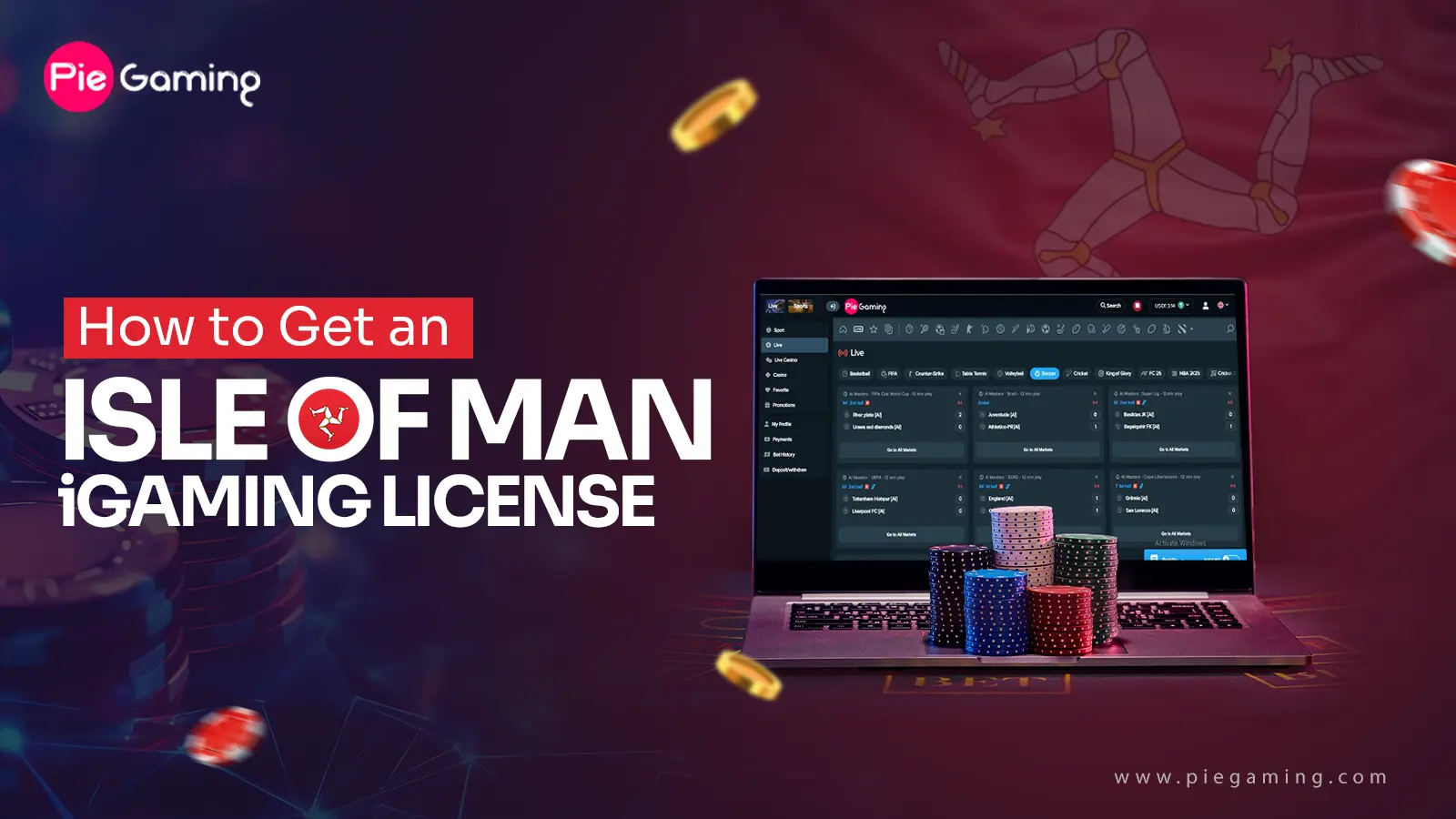 Palak Madan July 24, 2025
Palak Madan July 24, 2025Learn the step-by-step process to apply for an Isle of Man iGaming license, including requirements, costs, timelines, and key benefits for operators.
-
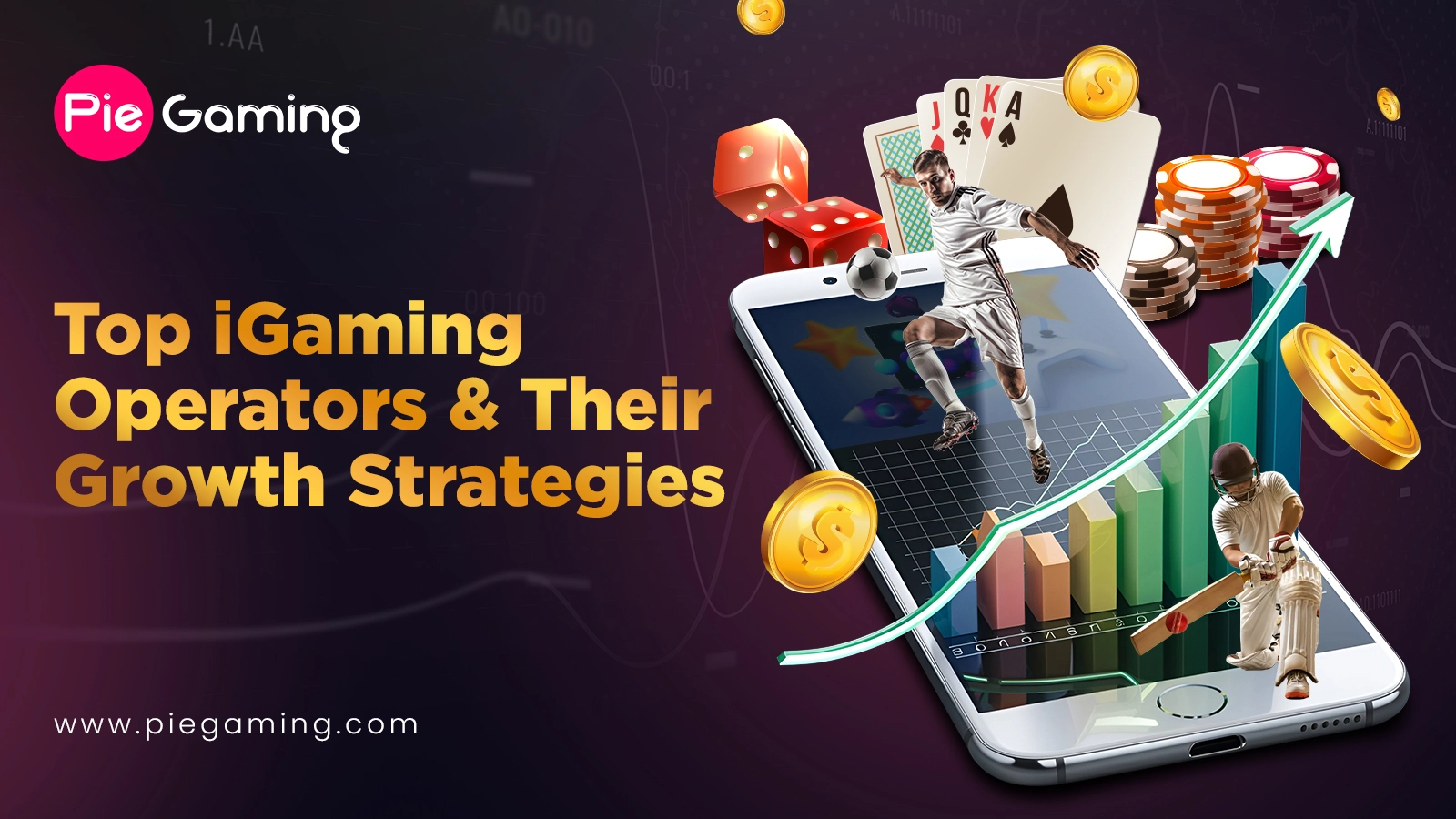 Monika Gola July 17, 2025
Monika Gola July 17, 2025Want to grow like the top iGaming operators in 2025? Learn the strategies behind industry leaders like DraftKings, Bet365, etc., to grow your platform.
-
 Monika Gola July 14, 2025
Monika Gola July 14, 2025This blog is a comprehensive guide on key success strategies for European iGaming Operators. Read on to build your iGaming empire in the…
-
 Monika Gola June 27, 2025
Monika Gola June 27, 2025If you have landed on this blog, that simply means you’re planning to enter among the most lucrative iGaming markets in the world…
-
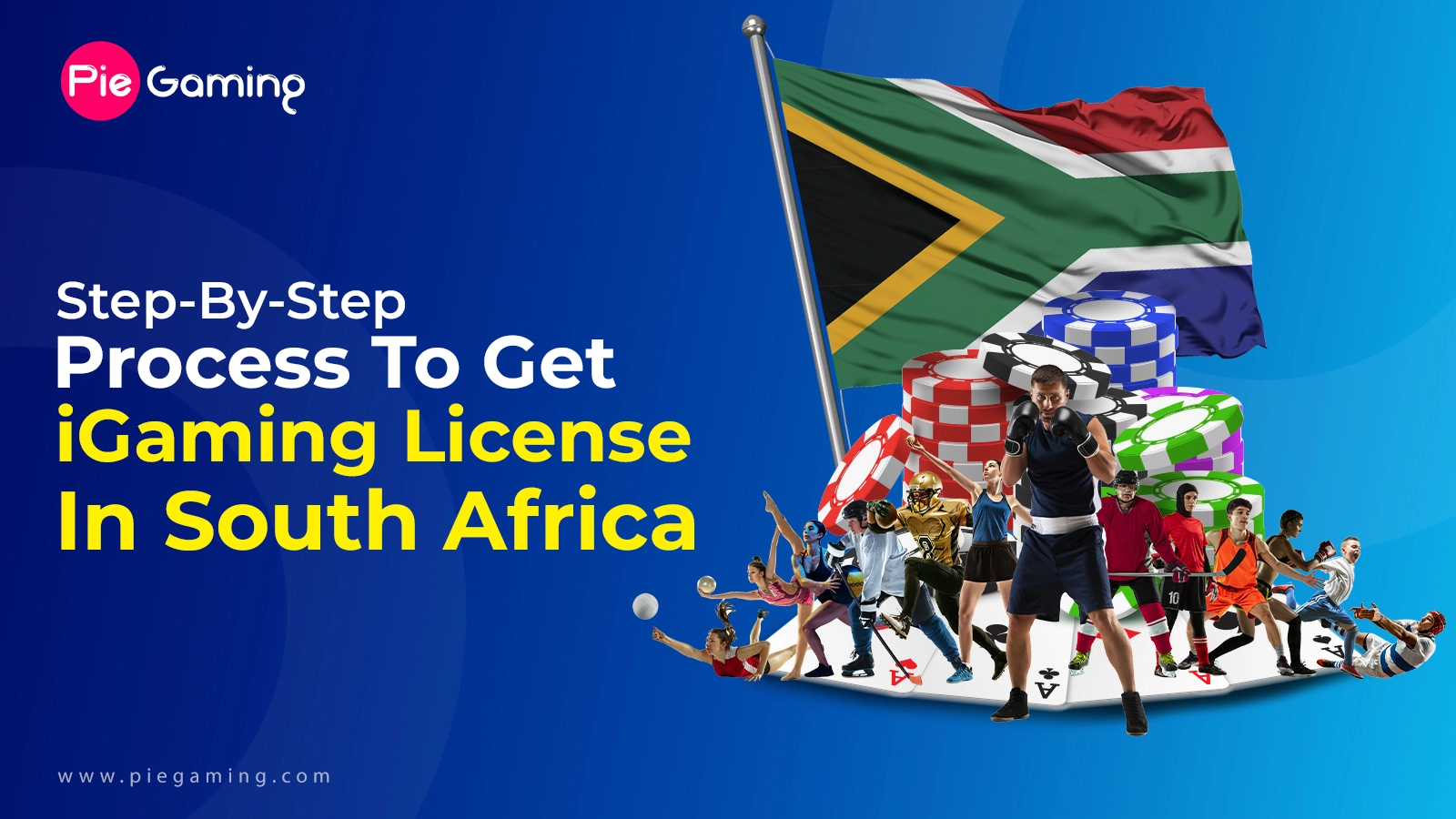 Monika Gola June 24, 2025
Monika Gola June 24, 2025In this blog, we will focus on the South Africa iGaming license, step-by-step process to obtain it, and much more. Read here to…
-
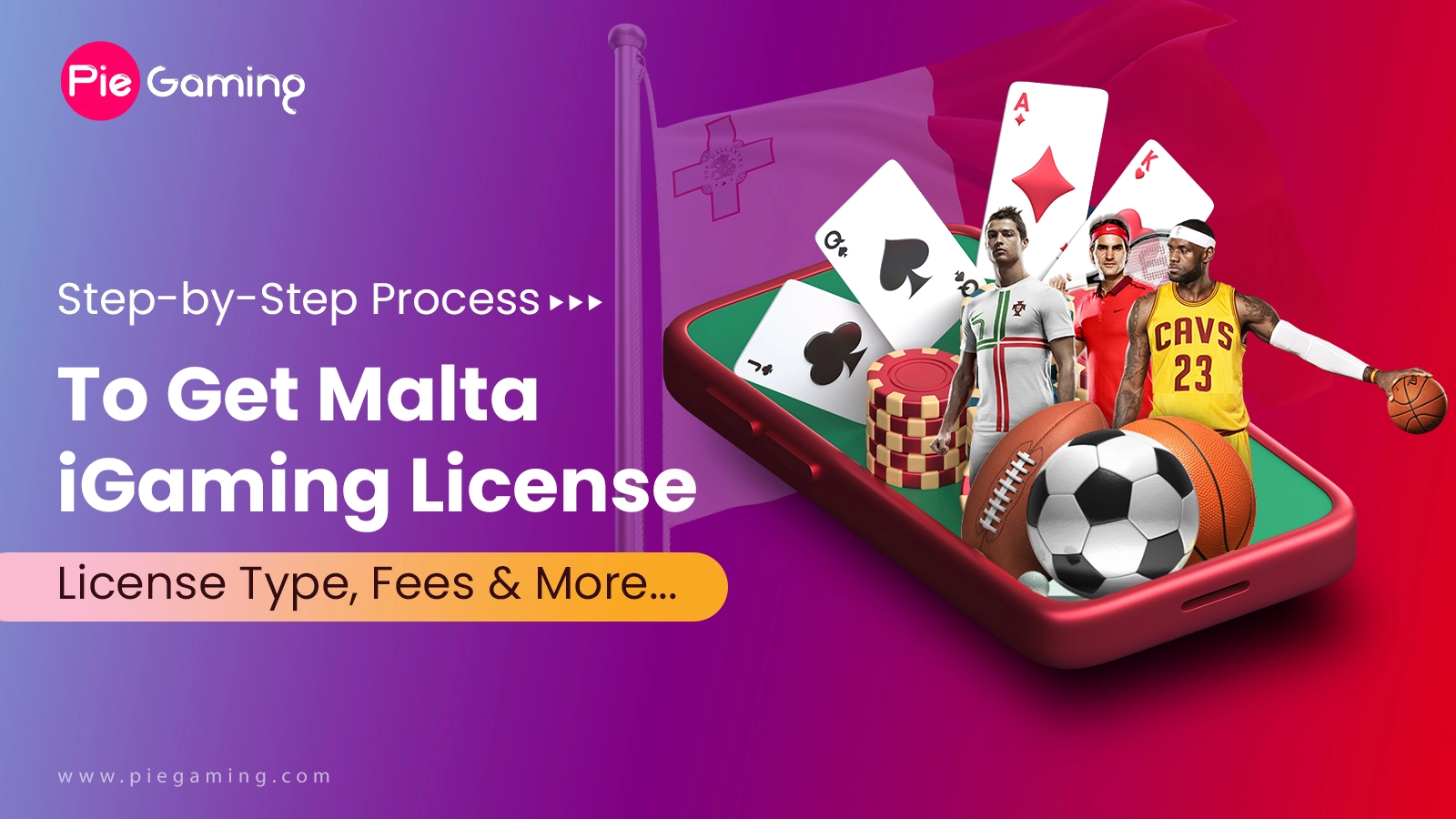 Monika Gola June 18, 2025
Monika Gola June 18, 2025Malta iGaming License is one of the most popular licenses among operators. But, obtaining it can be a challenge. This guide walks you…
-
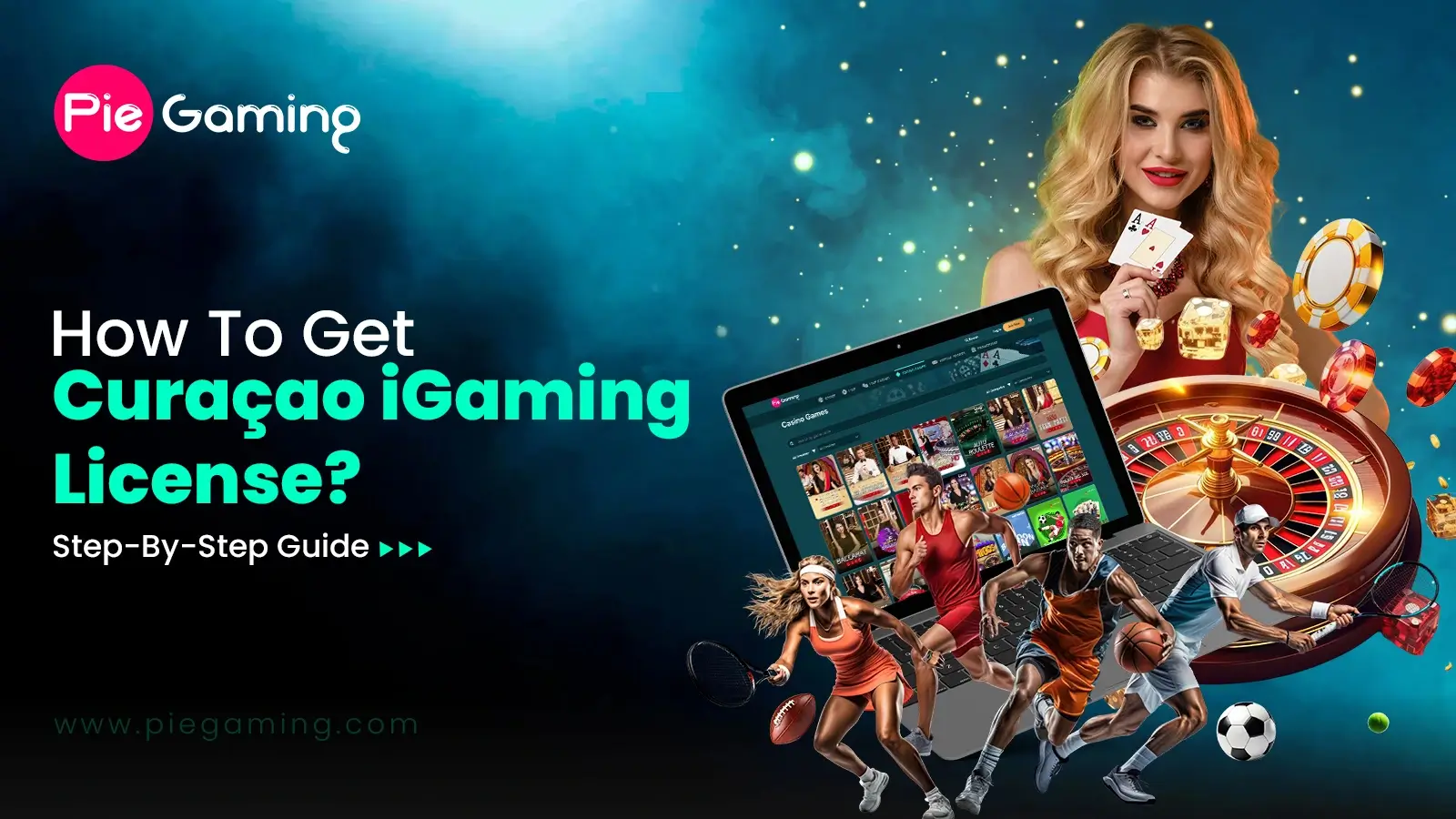 Monika Gola June 9, 2025
Monika Gola June 9, 2025The Curaçao iGaming License has been among the most preferred choices for online casino and sports betting operators. Take a closer look at…
-
 Monika Gola January 28, 2025
Monika Gola January 28, 2025Explore the best iGaming affiliate software providers. Compare platforms with features, pros & cons, and tracking models.
-
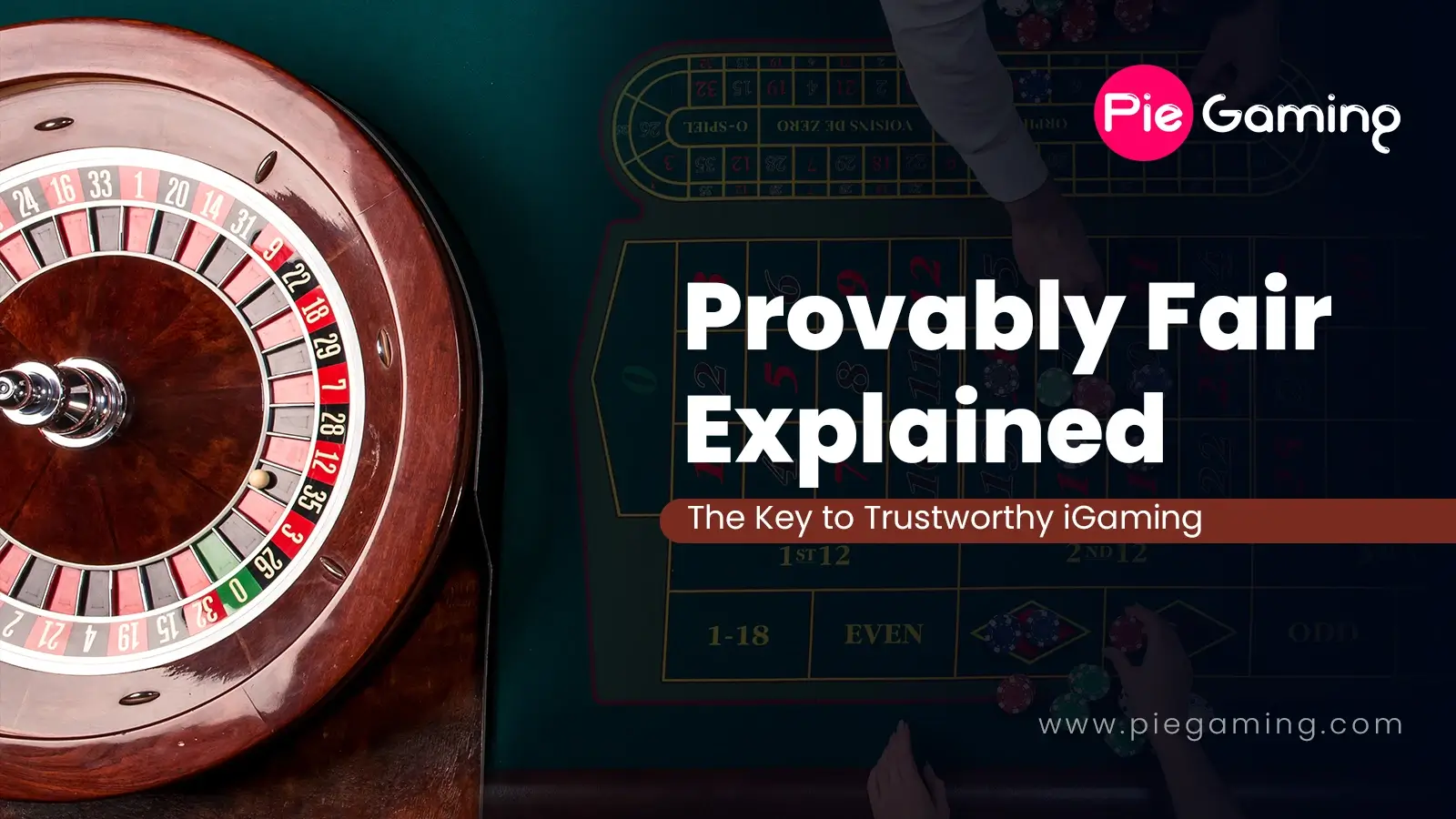 Palak Madan January 17, 2025
Palak Madan January 17, 2025Provably Fair technology makes online gaming more trustworthy by letting players check game results for fairness, ensuring transparency, and building confidence in gaming…
-
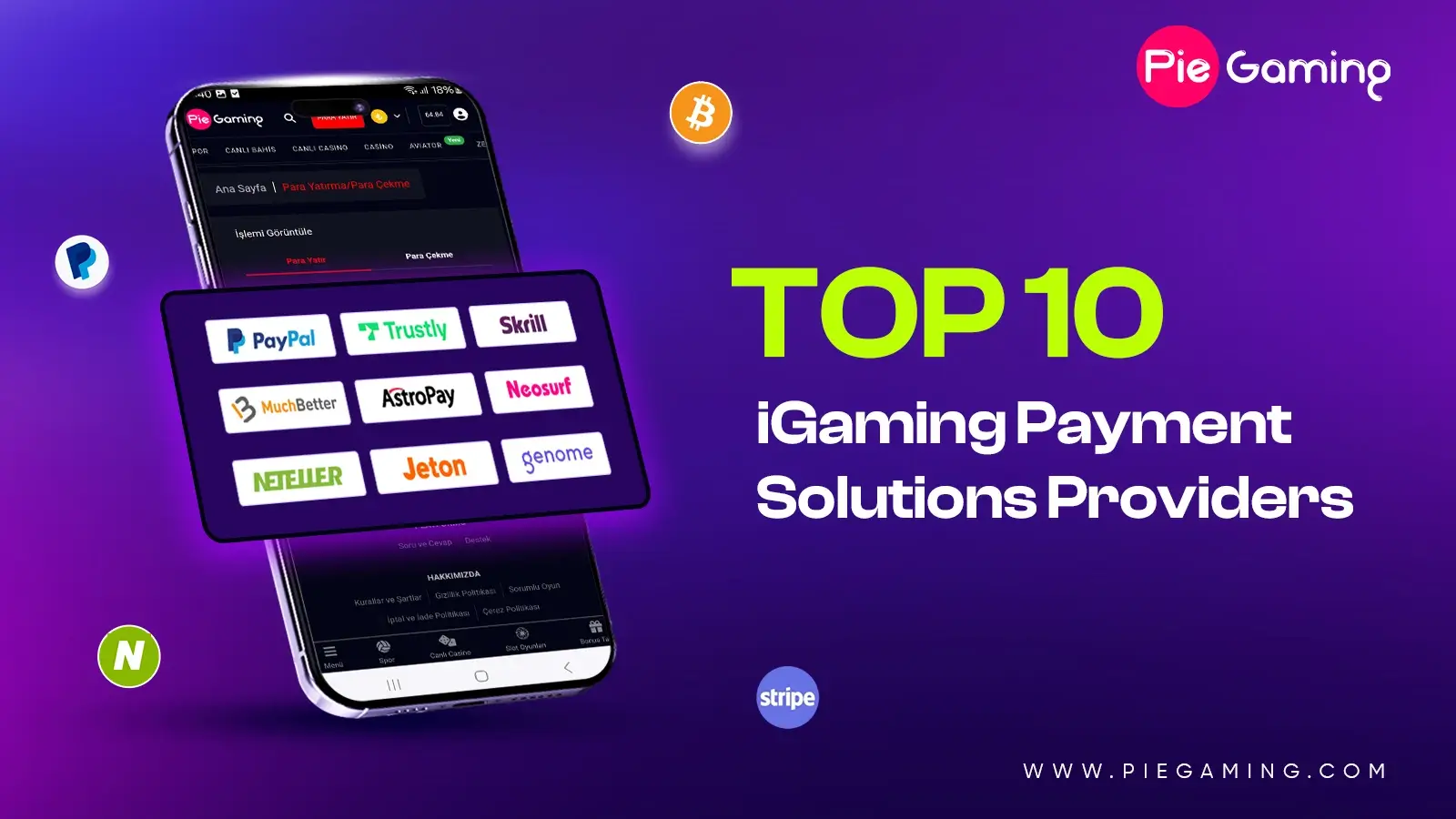 Monika Gola November 27, 2024
Monika Gola November 27, 2024This read talks about the leading iGaming Payment Solutions Providers to enhance players’ experience and ease out the transaction process globally. Excitement into…
-
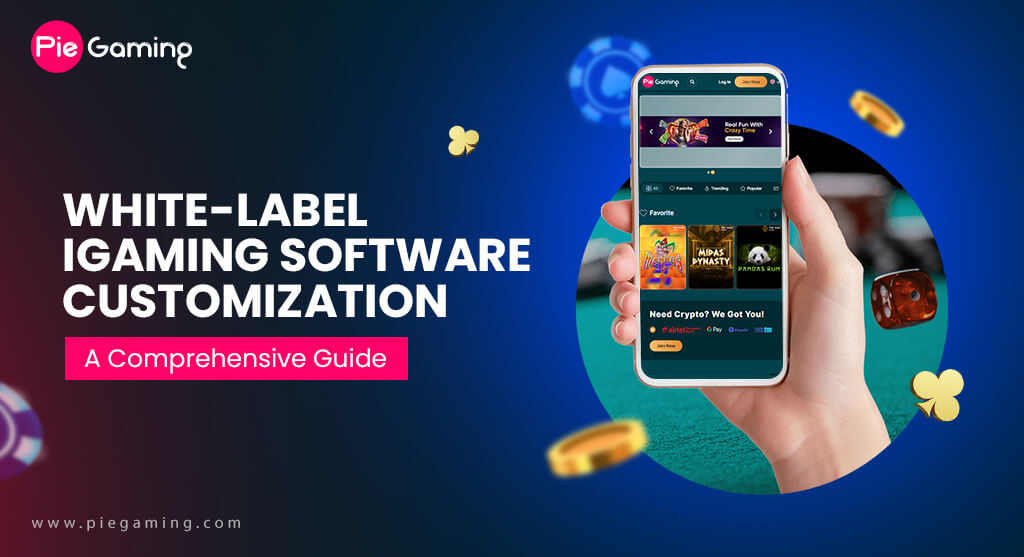 Simranjeet Kaur August 14, 2024
Simranjeet Kaur August 14, 2024White-label iGaming software provides a foundation for online betting platforms. But its true value lies in customization. These solutions offer a ready-made framework….
-
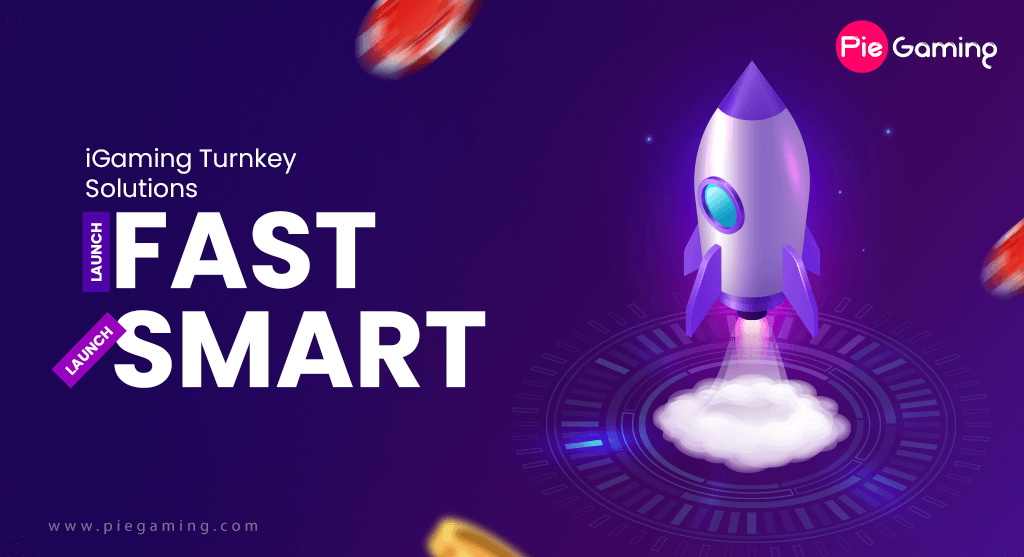 Simranjeet Kaur August 13, 2024
Simranjeet Kaur August 13, 2024The iGaming industry has grown a lot in the past decade. Now, it’s not just about tech experts or big casinos. With iGaming…
-
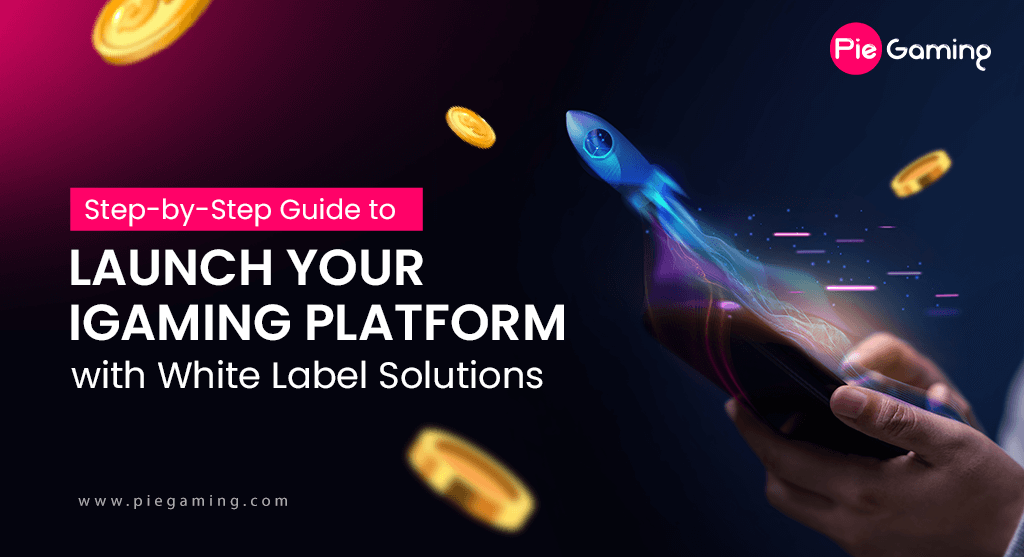 Nikita Ajmani August 7, 2024
Nikita Ajmani August 7, 2024iGaming has become one of the most profitable industry in the world today. With a growing interest in gambling and more disposable income,…
-
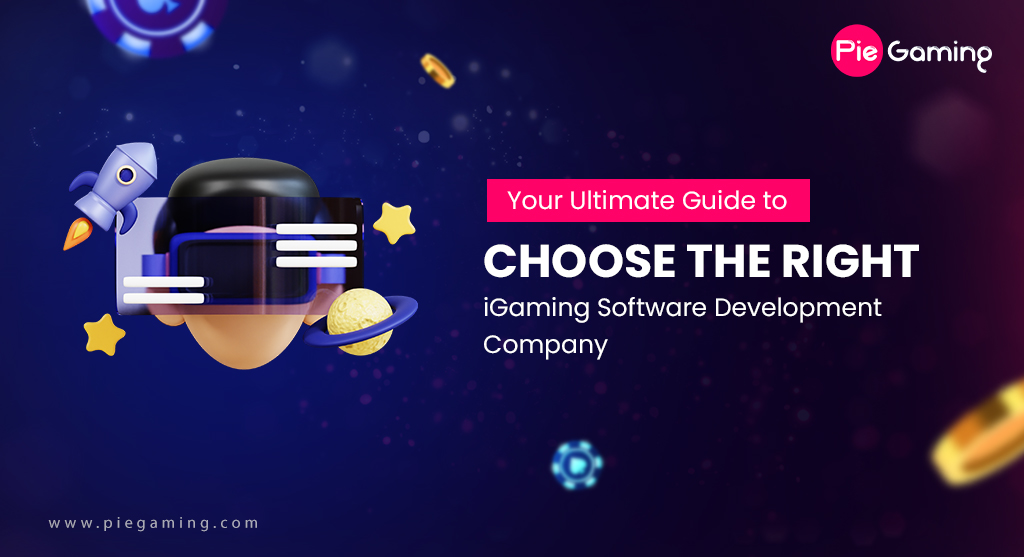 Nikita Ajmani July 24, 2024
Nikita Ajmani July 24, 2024This blog will explore the main factors to think about when choosing an iGaming software developer. It will also cover other important questions…
-
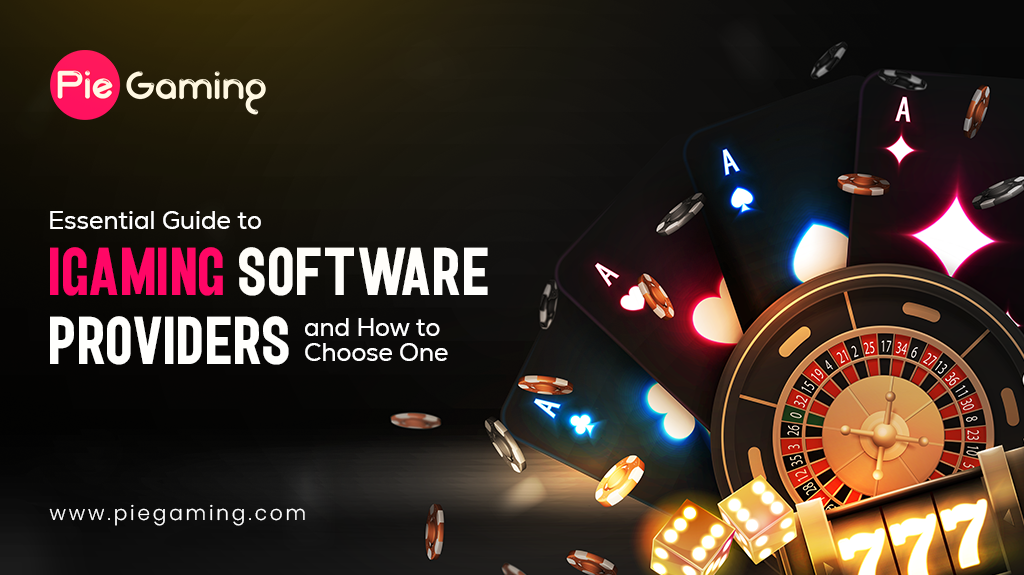 Simranjeet Kaur June 20, 2024
Simranjeet Kaur June 20, 2024Software providers in the iGaming industry play a very crucial role. We’ve prepared a guide on selecting the right one for your business. …
-
 Simranjeet Kaur June 18, 2024
Simranjeet Kaur June 18, 2024Imagine a world-famous casino, having millions of people visit it daily. Everything seems to be running smoothly until one day when a cyber…
-
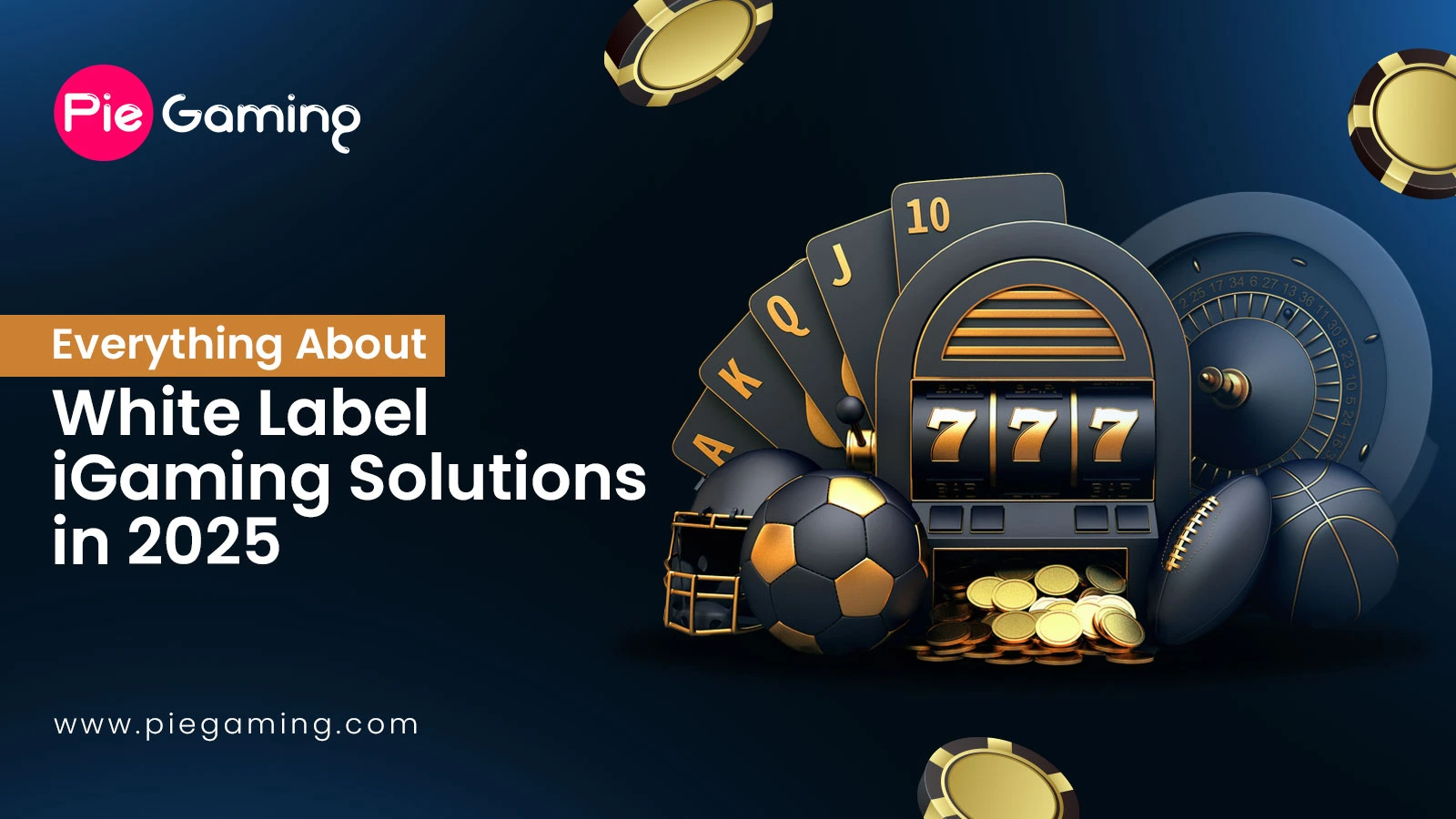 Palak Madan June 7, 2024
Palak Madan June 7, 2024White label iGaming Solutions offer ready-made, budget-friendly gambling websites. They come with AI tools, automation, and built-in legal compliance. They help you customize…
-
 PieGaming Staff February 13, 2024
PieGaming Staff February 13, 202411 Step-by-Step guide and market insights to start a solid Online Poker Game Business today and Create a strong player base for your new business.
-
 PieGaming Staff January 19, 2024
PieGaming Staff January 19, 2024The Software Development Life Cycle (SDLC) process is followed to develop and maintain software. In SDLC, how an iGaming software will function is determined.
-
 Palak Madan January 18, 2024
Palak Madan January 18, 2024Steps to find the right turnkey iGaming software provider for your iGaming business. One who can help your business achieve a thriving business within weeks.
-
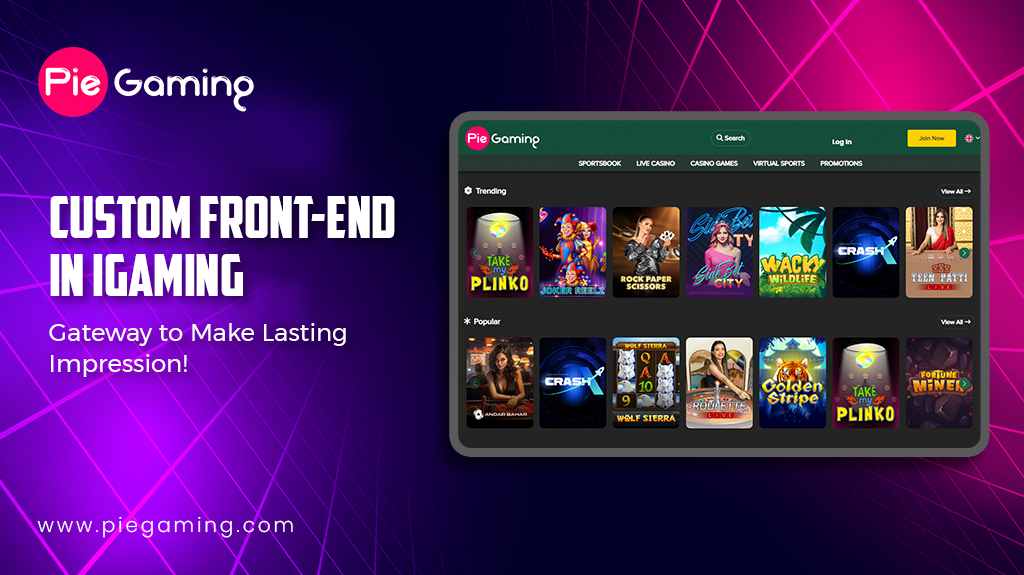 PieGaming Staff December 22, 2023
PieGaming Staff December 22, 2023Discover how the custom front end improves the user experience to aid player acquisition & retention. Read do’s & don’t’s of great visual front-end.
-
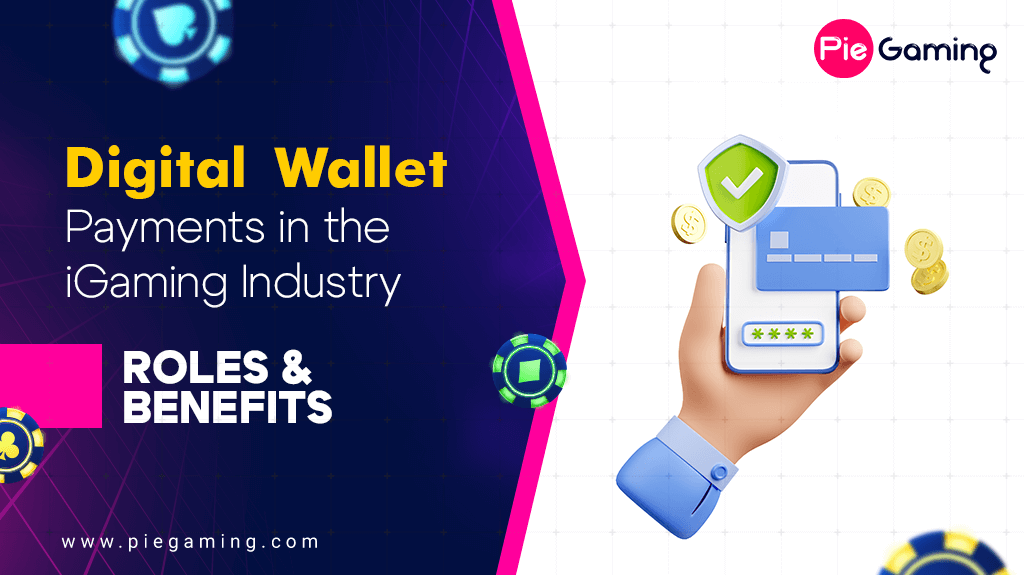 Piegaming Admin December 20, 2023
Piegaming Admin December 20, 2023Discover how digital wallet payments in iGaming help ensure speedy, safe, and accurate transactions. Know which types of digital wallets are worth adding.
-
 Monika Gola December 19, 2023
Monika Gola December 19, 2023To get an online gaming license, you need to establish a legal entity where you want to operate, followed by legal procedures. Read here.
-
 PieGaming Staff December 13, 2023
PieGaming Staff December 13, 2023Latin America is a brewing market for iGaming Industry. In this blog discover some lucrative trends, challenges and future opportunities Latin America holds.
-
 Monika Gola December 12, 2023
Monika Gola December 12, 2023Artificial Intelligence has truly transformed the gaming industry by enhancing gamеplay еxpеriеncеs, personalisation and predictive designing. Read for more.
-
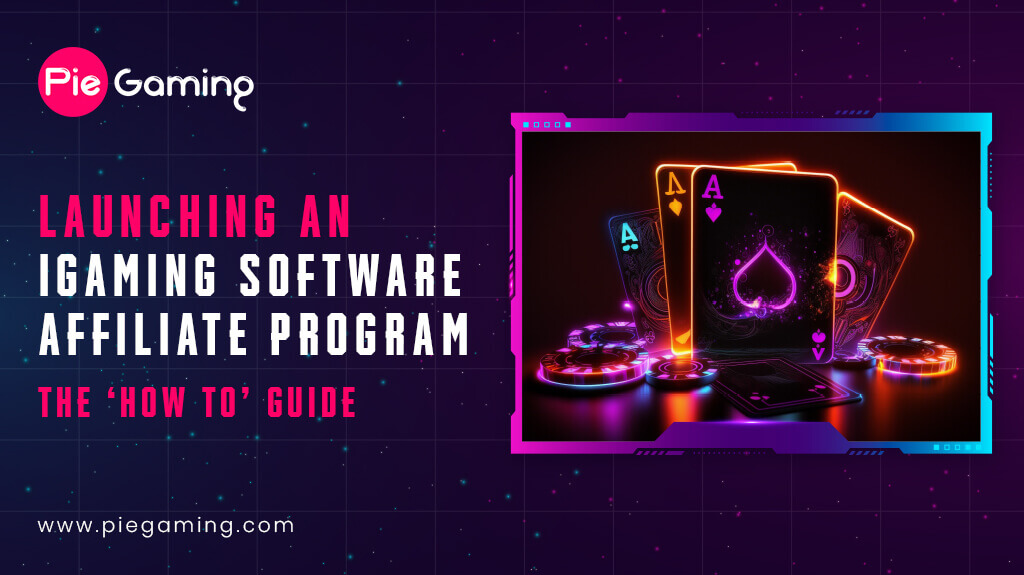 PieGaming Staff December 10, 2023
PieGaming Staff December 10, 2023If you understand the pulse of the iGaming industry, you already know how important it is to run affiliate marketing programs for your…
-
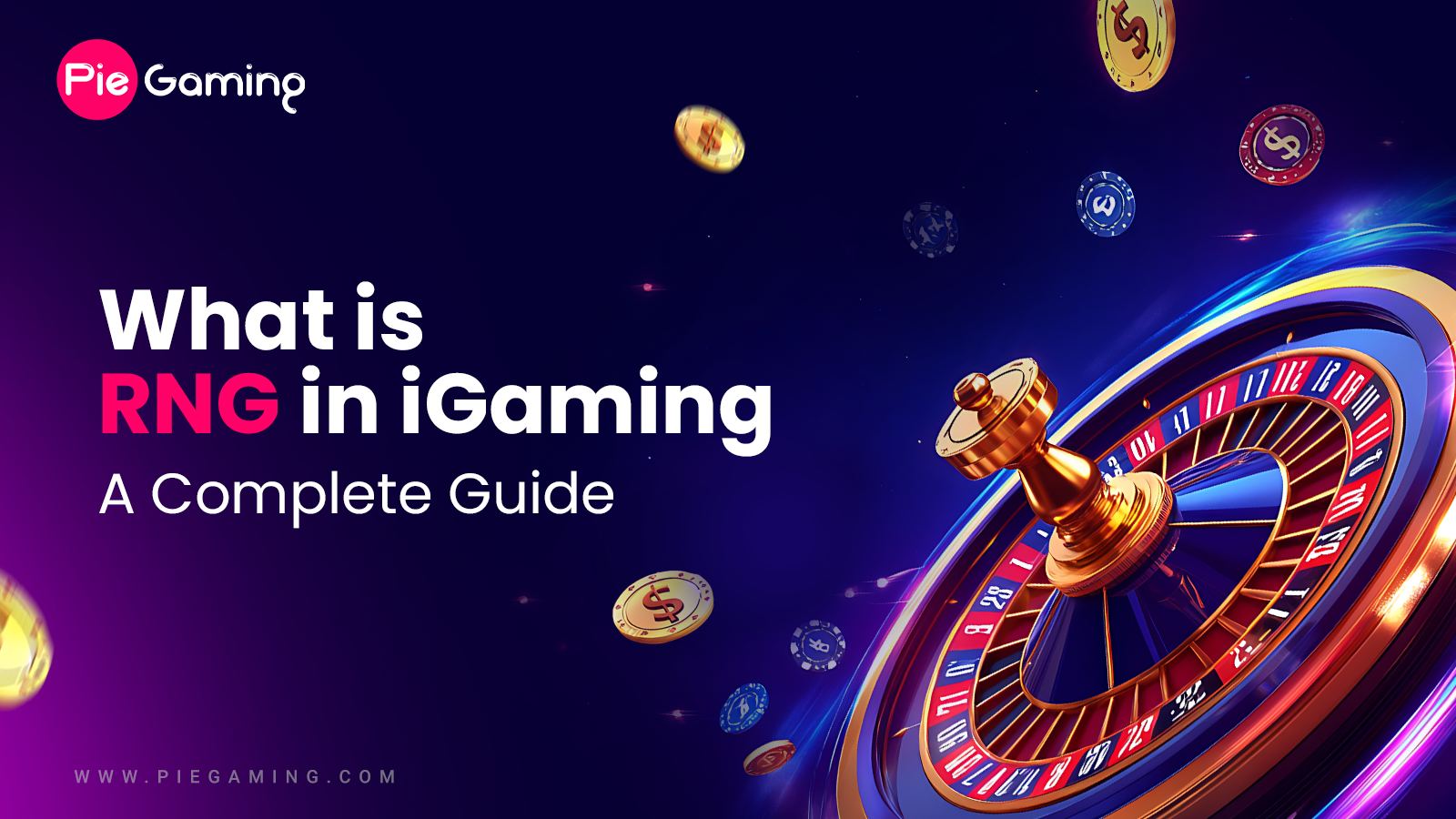 Palak Madan November 1, 2023
Palak Madan November 1, 2023RNG in iGaming is a software that creates random results in online casino games. It produces a new, unpredictable outcome each time a…
-
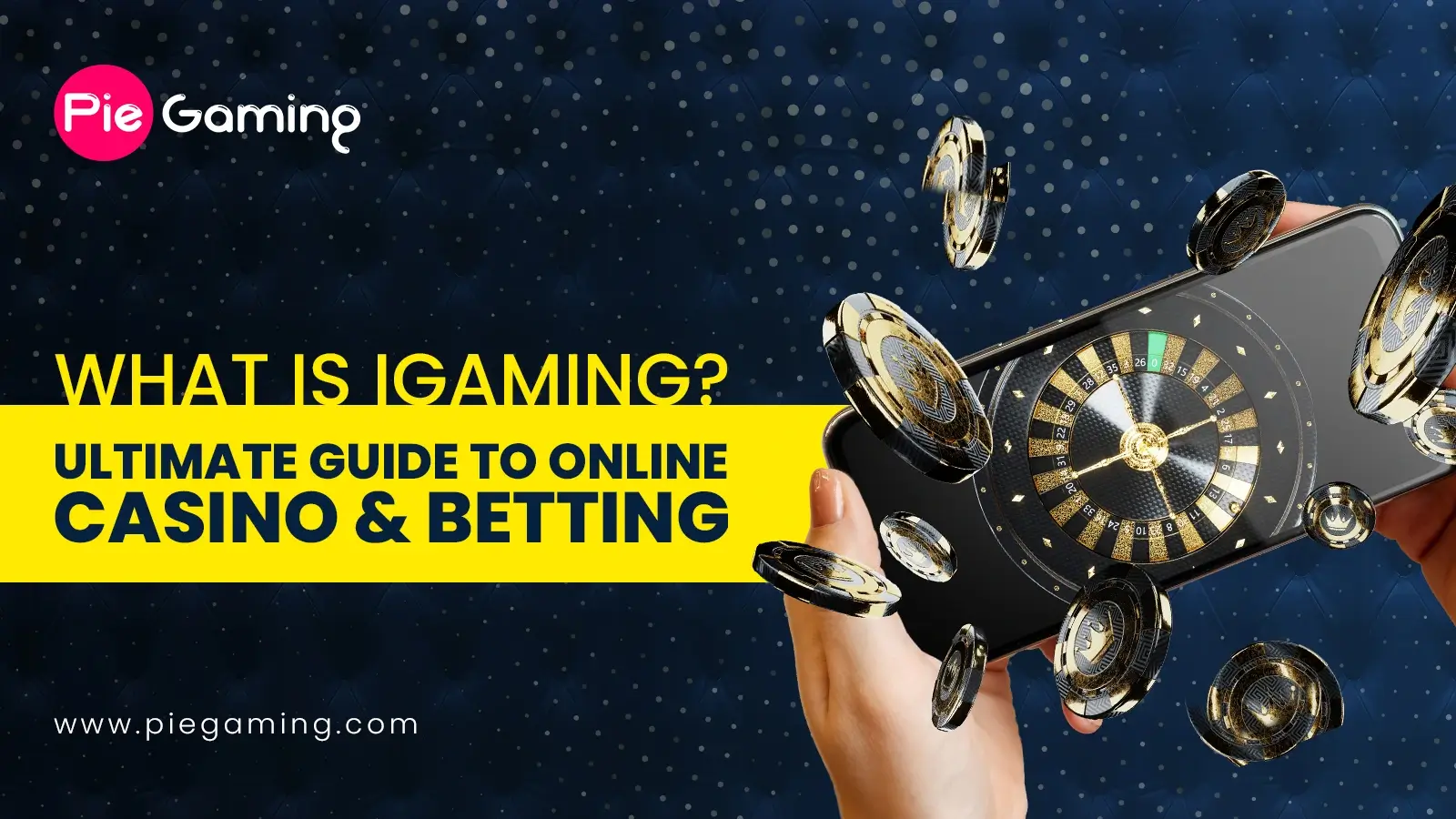 Palak Madan October 30, 2023
Palak Madan October 30, 2023This guide covers everything you need to know about what is iGaming, including online sports betting and casino market insights, history, popular games,…
Voila!
See you in your inbox soon!

Stay ahead of the game. Subscribe for exclusive content, updates, and insiders!
We use cookies to enhance and personalize your browsing experience. By continuing to use our website, you agree to our Privacy Policy.

